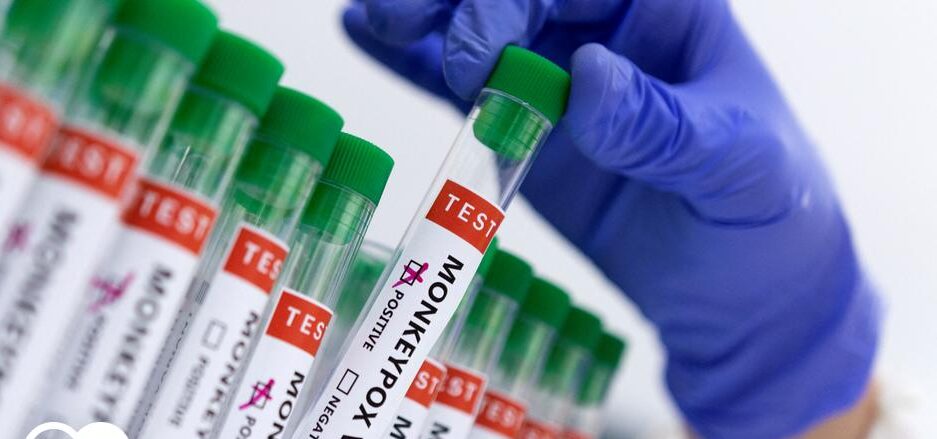
Europe has been informed to increase its monitoring and genetic sequencing of the monkeypox outbreak. As Europe has been home to almost 90% of the cases of monkeypox. World Health Organization (WHO) called out on Europe on Friday. WHO stated that Europe needs to take “urgent” action against the spread of monkeypox.
This happened after the number of cases tripled in weeks.
“Today, I am intensifying my call for governments and civil society to scale up efforts in the coming weeks and months. In order to prevent monkeypox from spreading itself throughout a developing geographical area”. WHO Regional Director for Europe Hans Kluge stated. Furthermore, he said: “Urgent and coordinated action is vital if we’re to take lead in opposing the ongoing spread of this disease”. Fear over unfolding to inclined human beings is rising. The WHO’s Europe leader stated that 31 international locations in the European region had now diagnosed the cases. He additionally stated that around 90% of infections stated in Europe.
The US Centers for Disease Control and Prevention have recorded more than 5,000 cases in 51 nations worldwide. Kluge stated that the majority of cases had stated in men, mainly people who have intercourse with multiple person. However, a “small quantity” of cases have regarded amongst family contacts, together with in kids. Most of the people who attain the virus experience symptoms such as rash, fever, fatigue, muscle pain, vomiting, and chills. Youngsters and pregnant ladies are believe to be more vulnerable to extreme cases of the disease.
The WHO has not declared monkeypox a worldwide health emergency yet. However, Kluge referred to European countries to increase their surveillance of the outbreak. Moreover, he advised to boost genetic sequencing capacities to quickly identify cases. The European Medicines Agency (EMA) is currently researching to ensure whether smallpox vaccine is powerful against monkeypox. Germany and the UK, among others, have already commenced vaccinating inclined human beings. Reports of the virus outdoors in Africa had been rare till May. It is taken into consideration endemic in numerous African countries. The virus has been affecting people in elements of valuable and West Africa for decades.
